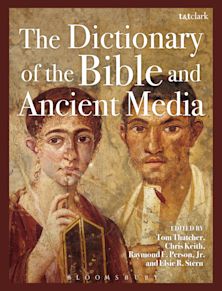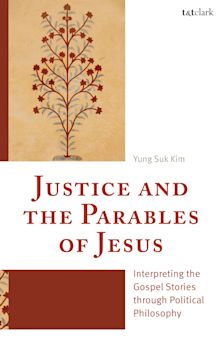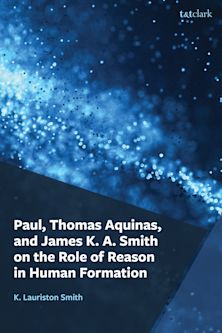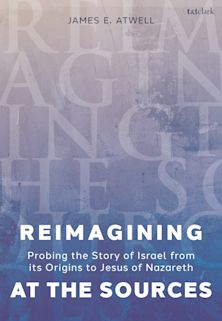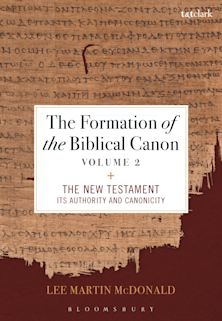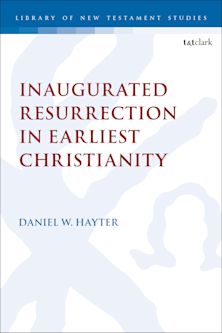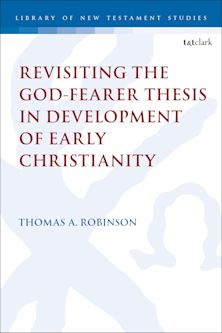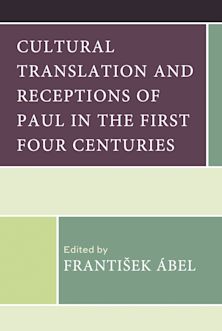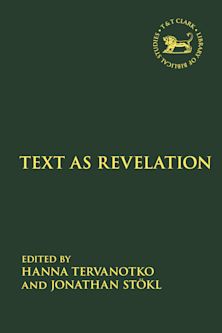- Home
- ACADEMIC
- Biblical Studies
- New Testament
- The Message of Acts in Codex Bezae
The Message of Acts in Codex Bezae
A Comparison with the Alexandrian Tradition, Volume II
The Message of Acts in Codex Bezae
A Comparison with the Alexandrian Tradition, Volume II
This product is usually dispatched within 2-4 weeks
- Delivery and returns info
-
Flat rate of $10.00 for shipping anywhere in Australia
You must sign in to add this item to your wishlist. Please sign in or create an account
Description
A comparison of the message of Acts transmitted by Codez Bezae with that of the more familiar Alexandrian text, represented by Codex Vaticanus. For each section of Acts, there is a side by side translation of the Bezan and Alexandrian manuscripts, followed by a critical apparatus and, finally, a commentary that explores the differences in the message of the two texts. It is concluded that the Bezan text, with its interest in internal Jewish affairs and its focus on the struggles of the early disciples to free themselves from their traditional Jewish expectations and to achieve, despite their mistakes, a more accurate understanding of their master's teaching, is the earlier of the two texts. LNTS 302
Table of Contents
Product details
| Published | 20 Apr 2006 |
|---|---|
| Format | Hardback |
| Edition | 1st |
| Extent | 416 |
| ISBN | 9780567040121 |
| Imprint | T&T Clark |
| Dimensions | 234 x 156 mm |
| Series | The Library of New Testament Studies |
| Publisher | Bloomsbury Publishing |
About the contributors
Reviews
-
The problem is that we already know the text, have done for years, and are almost bored with it: it is genuinely difficult to study the Bible. In such a context, this commentary has proved the most exciting help I have encountered for some time.
New Directions
-
Another distinctive and significant contribution to the study of Acts. Vigorous, insightful and readable, this growing work grows also in stature. May Volume 3 come quickly.
Peter Doble JSNTS Booklist, 2007
-
The authors present their stimulating and provocative case with undeniable learning, erudition, skill, insight, and patience. One need not accept either their perspective or their conclusions to enjoy, appreciate, and learn from their close (and often intertextual) reading of Acts.
Michael W. Holmes, Religious Studies Review, Vol. 33 No. 4, October 2007














